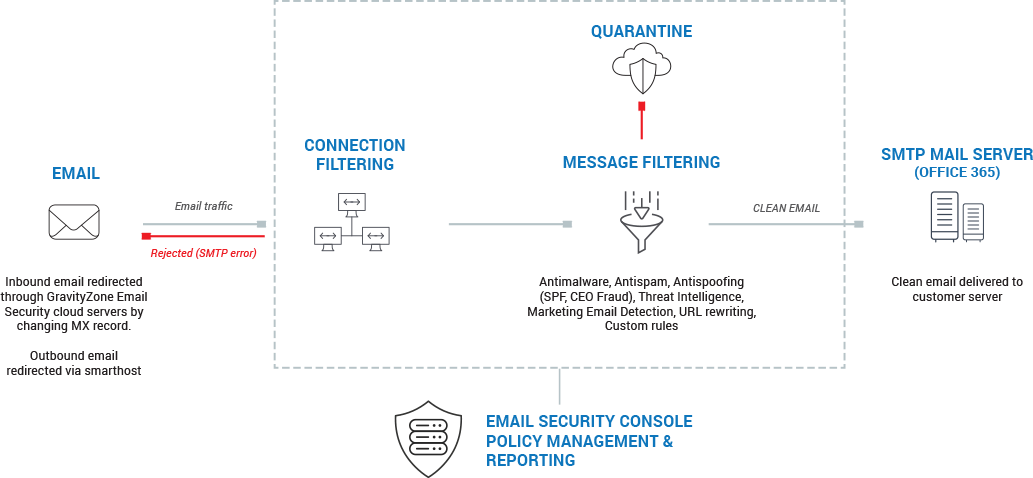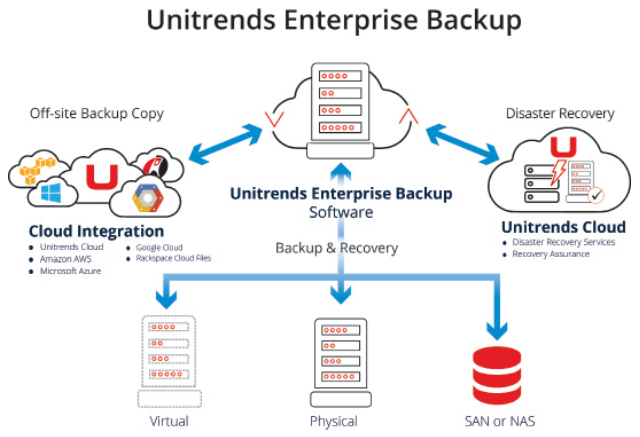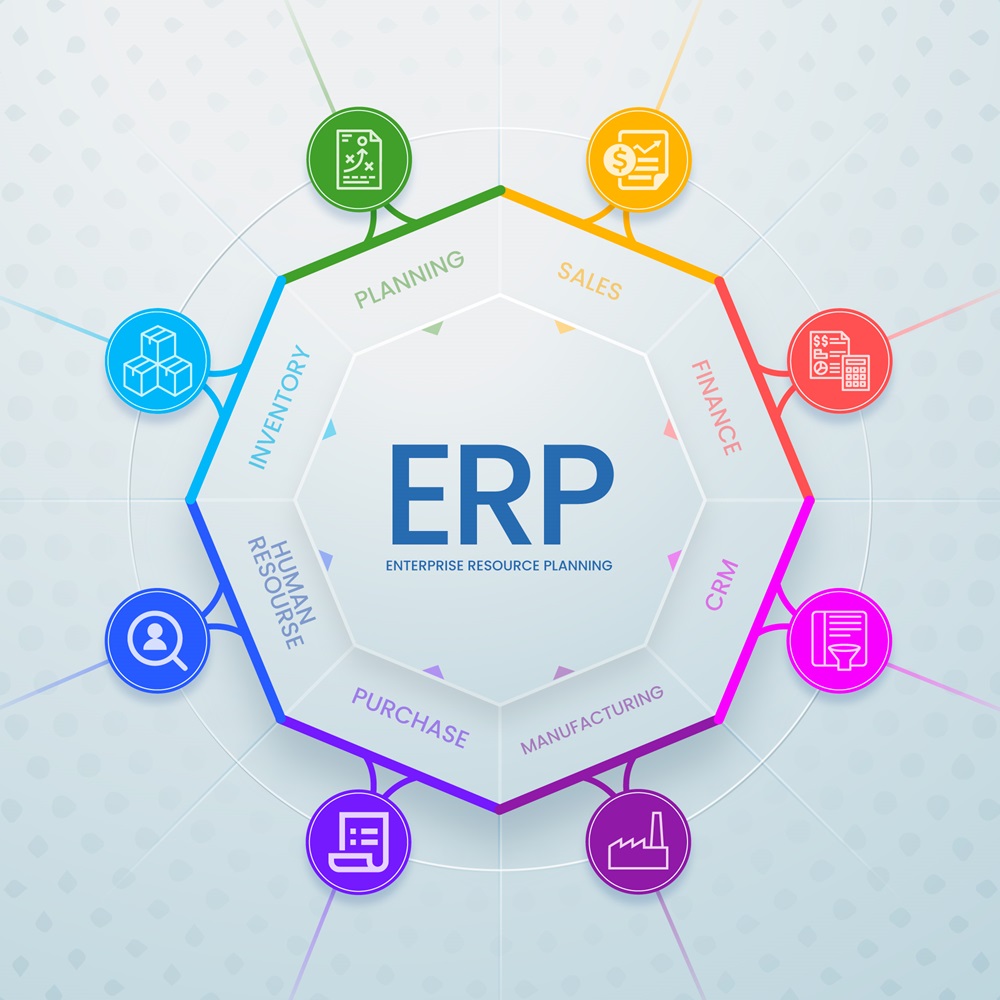What is an ERP and how to chose the right ERP?
An Enterprise Resource Planning (ERP) system is a software solution that integrates and manages core business processes and functions within an organization. In other words, ERP systems are a means of translating, automating, and optimizing business processes within a digital platform, leading to improved operational efficiency, data accuracy, and overall business performance. ERPs are designed to streamline and centralize various business operations, making it easier for companies to manage their resources and data efficiently. These systems provide a unified view of an organization's data, processes, and workflows, enabling better decision-making and improved overall performance.
Choosing the right Enterprise Resource Planning (ERP) system for your organization is a critical decision that can have a significant impact on your business processes and operations.
Here are some steps to help you select the best ERP system for your needs:
1. Define Your Requirements: Start by clearly defining your organization's specific needs and goals. Identify the key processes and functions you want the ERP system to support. This includes financial management, inventory control, human resources, sales, customer relationship management (CRM), manufacturing, and any other relevant areas.
2. Establish a Budget: Determine how much you can allocate for your ERP project. Be sure to consider not only the initial software and implementation costs but also ongoing maintenance and support expenses.
3. Choose Between Cloud-Based and On-Premises: Decide whether you want a cloud-based (Software as a Service - SaaS) ERP system or an on-premises solution. Cloud-based ERP systems often have lower upfront costs and can be more flexible, while on-premises systems offer more control and may be preferred for certain industries with strict data security and compliance requirements.
4. Research ERP Vendors: Identify ERP vendors that offer systems aligned with your requirements and budget. Some well-known ERP vendors include SAP, Oracle, Microsoft Dynamics, NetSuite, Infor, and many others. Research smaller, industry-specific vendors if they better match your needs.
5. Evaluate Industry Fit: Consider whether the ERP system is designed for your specific industry. Some ERP systems are tailored to meet the unique needs of industries like manufacturing, healthcare, retail, or finance.
6. Assess Scalability: Ensure that the ERP system can scale with your organization as it grows. It should accommodate increased transaction volumes, additional users, and new features.
7. Request Demos and Proposals: Contact ERP vendors and request demonstrations of their software. Ask for proposals that detail the software's capabilities, implementation timelines, and costs. Make sure to involve key stakeholders and end-users in the evaluation process.
8. Check References: Reach out to other organizations that have implemented the ERP systems you're considering. This can provide valuable insights into the vendor's track record and the software's performance in real-world situations.
9. Consider Integration: Think about how well the ERP system can integrate with your existing software, including accounting software, CRM systems, e-commerce platforms, and other tools you use in your business.
10. Evaluate User-Friendliness: Usability is crucial. An ERP system that is too complex can lead to user resistance and inefficiency. Test the user interface and ask for user feedback during the evaluation process.
11. Assess Support and Training: Consider the level of support and training provided by the ERP vendor. Ensure they offer adequate training for your staff and responsive support for any issues that may arise.
12. Understand Total Cost of Ownership (TCO): Beyond the initial purchase cost, consider long-term expenses, including maintenance, software updates, and any additional customization or consulting services you may need.
13. Plan for Data Migration: Consider how you will migrate your existing data into the new ERP system. Data migration can be a complex and time-consuming process.
14. Finalize Your Decision: After thorough evaluation and consideration of all factors, make your final decision based on the ERP system that best meets your needs and aligns with your organization's goals.
15. Develop an Implementation Plan: Once you've selected an ERP system, create a detailed implementation plan, including timelines, milestones, and responsibilities. Engage with experienced ERP implementation consultants if necessary.
Selecting an ERP system is a significant undertaking, and it's essential to involve key stakeholders, do thorough research, and carefully consider your options to ensure a successful implementation that adds value to your organization. We at Unique, are experts in assessing your business requirements and providing you with the right ERP solution to fit your needs.






